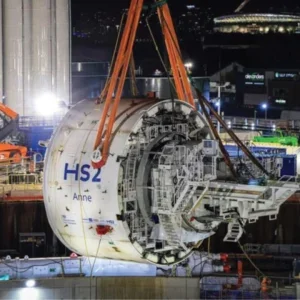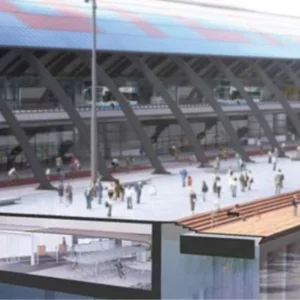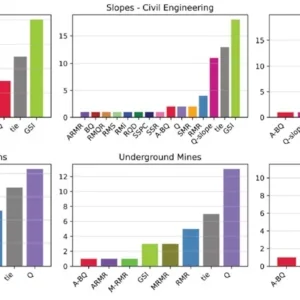For the past couple of years, since cheap credit ended, governments around the world have been in a state of flux. This time last year, the tunnelling industry was welcoming stimulus packages in the US, cross party backing for major projects in the UK and bailouts and capital injections across Europe.
Major infrastructure projects were breaking ground as the government emptied the coffers into the construction sector in an effort to replicate the success of Franklin D Roosevelt’s New Deal following the Wall Street crash of the late 1920s.
It wasn’t all rose coloured. Smaller projects were shelved; local governments struggled to find financing for city developments. But there was hope that the national government spending splurge would fill the hole left by the failing projects and perhaps go beyond that.
But just one year later, the sure-footed projects are suddenly finding the ground crumbling beneath them as world leaders wonder whether a spending spree is the best way to counter a decade of overspend.
October is very much a month of cuts. The first to fall, right as T&TI was going to press, was the USD 8.7bn Access to the Regions Core (ARC or Trans-Hudson Express) project. The tunnel had received a chunk of funding, some USD 3bn, from President Barack Obama’s stimulus package. But with cost prediction spiralling to USD 11bn or even USD 14bn, the project was pulled.
The 30-day suspension and then cancellation of ARC is reflective of a wider US trend of republicans voicing opposition to rail plans, in the run up to midterm elections on 2 November. Polls indicate enough Republicans are likely to defeat their Democrat opponents to take control of the House and rail projects nationwide could be in jeopardy as the ‘Party of No’ takes a hard-line stance on government spending.
Separately, members of the Republican party announced their ‘Pledge to America’ for the midterm election, which calls for limiting government spending, including the investments in infrastructure as part of the 2009 Recovery Act passed by Congress. It reads: “Congress should move immediately to cancel unspent ‘stimulus’ funds, and block any attempts to extend the timeline for spending ‘stimulus’ funds.”
It’s a similar story in Austria, where the Ministry of Transport is reviewing large infrastructure projects, including rail investments and, notably, the Brenner Base Tunnel. The evaluation is scheduled to end in mid-October, which is when the tunnel project hopes to move forward to tendering contracts.
While the review hasn’t caused panic, it has caused delays. The organisation in charge of Brenner Base Tunnel’s delivery, BBT, has said it will slow down planned works for 2011 and 2012 in attempts to help out the ministry and remains confident the project won’t be affected.
In the UK the treasury is in the final stages of the Comprehensive Spending Review. Ahead of the review, Crossrail announced it would be delaying the award of the running tunnel contracts. This sparked fears that the project may face cuts.
The second high speed line, HS2, proposed for the UK could also suffer under the review. But some hope can be held in the line from London to Leeds and Manchester gaining the backing of transport minister Philip Hammond.
The odds are stacked against the industry over the coming months.
Jon Young






